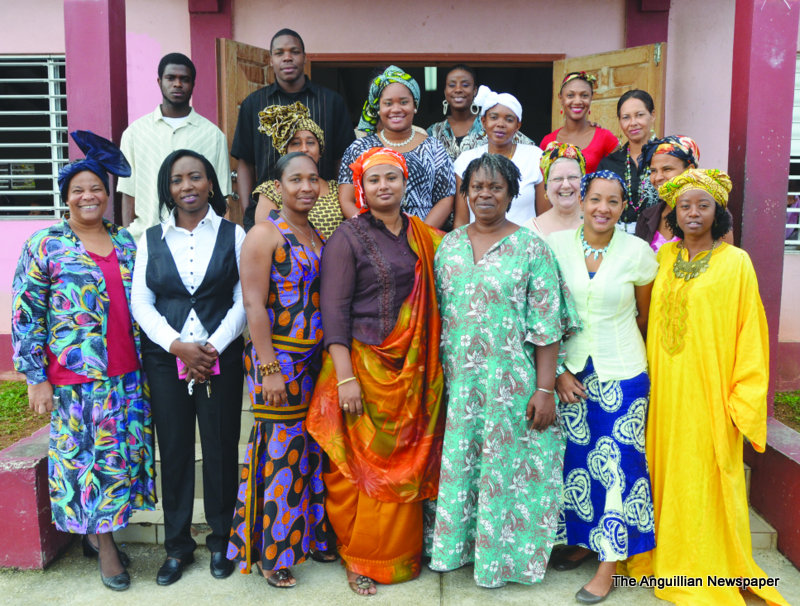
Students in forms four, five and six at the Albena Lake-Hodge Comprehensive School in Anguilla joined their fellow students in the eight-member territories of the Eastern Caribbean Central Bank in discussing the Bank’s 2013 essay competition.
The video discussion was held in Anguilla at the ECCB’s Representative Office in the Fair Play Complex on Thursday, February 14. Speaking on behalf of Governor Dwight Venner – and the Bank’s Management and Staff – Annette Stevens, ECCB’s Deputy Director, Corporate Relations Department, welcomed the students of the Eastern Caribbean Currency Union at the Video conference.
“The purpose of this video conference discussion, which started in 2010, is to provide you with a forum through which you can engage experts, and each other, on issues of regional importance thereby expanding your knowledge base and broadening your perspective on these matters,” Ms Stevens told the students.
“The bringing together of students from across the region is the true embodiment of involving citizens from all levels in society to overcome the challenges faced by the OECS region…It is our hope that at the end of today’s session that your understanding of ECCU economic issues, challenges, and opportunities would have deepened, and that you will not only be better able to write logically developed essays with strong arguments, but also be better equipped to make well-informed financial and economic decisions and contribute to the development of yourselves, the country and the region as a whole.”
Ms Stevens was among a number of other speakers who addressed the students. They were Betty-Ann Gilbert, Managing Director of Dynamic Distributors Ltd in St. Kitts-Nevis, who spoke on Youth Unemployment; Natasha Yeeloy-Labad, Enterprise Development Officer of Dominica; NintusMagre, Lecturer at Vieux Fort Technical School in St. Lucia; Roderick Stg. Clair, Marketing Officer of the National Import Board of Grenada, who spoke on Improving the viability of agriculture in the OECS; Glen Edwards of the Board of Counsellors for the Skills Training and Entrepreneurial Programme Foundation, who spoke on the hydroponics farm in St. Kitts-Nevis; Debra Mason of the Caribbean Naturals in Grenada; Shermalon Kirby-Gordon, ECCB’s Corporate Relations Officer; and Elizabeth Wayland, another ECCB Corporate Relations Officer, who gave the closing remarks.
Meanwhile, the topics for the ECCB’s 2013 essay competition, which were discussed with the students, are as follows:
In today’s economic climate, many school leavers are faced with high employment rates within the OECS countries. What can the youth do to turn this situation into opportunities for entrepreneurship?
Agriculture is a viable booster for OECS economies. Discuss.
What strategies can OECS countries employ to ensure that young people become better acquainted with the benefits of the OECS Economic Union?
The competition is open to students aged 14-19 throughout the Eastern Caribbean Currency Union. The entries are judged in two categories: ages 14-16 and ages 17-19. The essays must be 750 to 1000 words and must be typewritten. They will be assessed for content, soundness of points, logical development, knowledge of subject, command of language and presentation.
Cash prizes amounting to EC$10,000 will be awarded to the first, second and third place winners in each category, while grants amounting to EC$6,000 will be awarded to their respective schools. The school with the most entries in the top 10 will also receive a cash award of EC$500.
Since the inception of the competition, in 1996, the ECCB has awarded grants amounting to EC$223,000 to students and their respective schools.
The essays for the 2013 OECS Essay Competition must be submitted to the EEC Headquarters, or the Bank’s Agency Office in the respective countries, no later than March 29, 2013.








